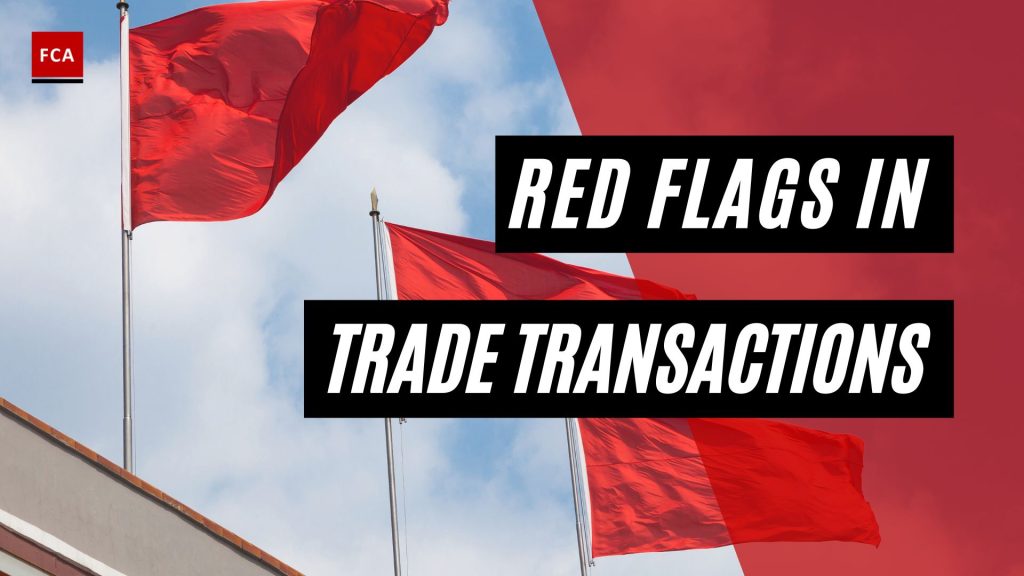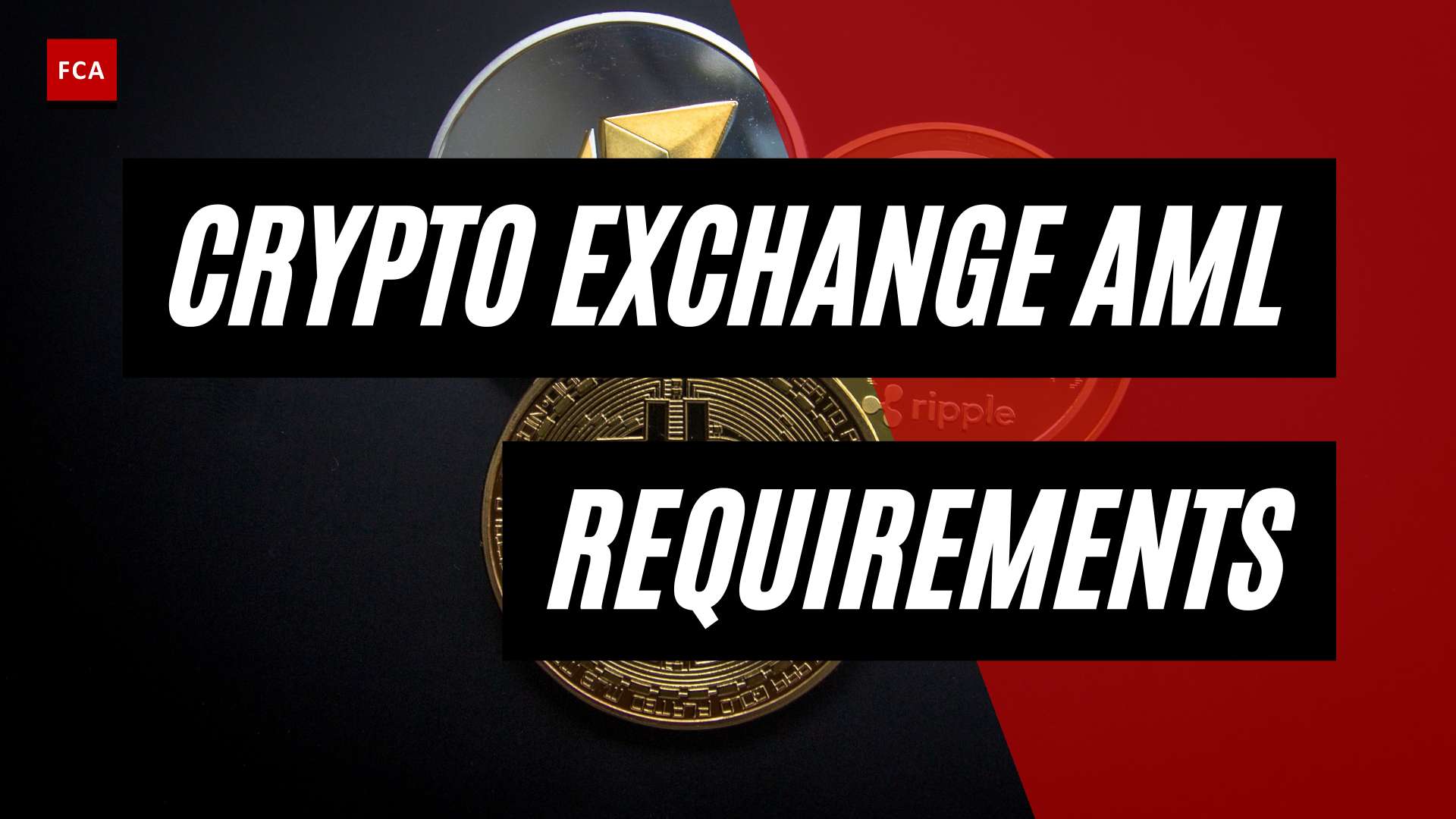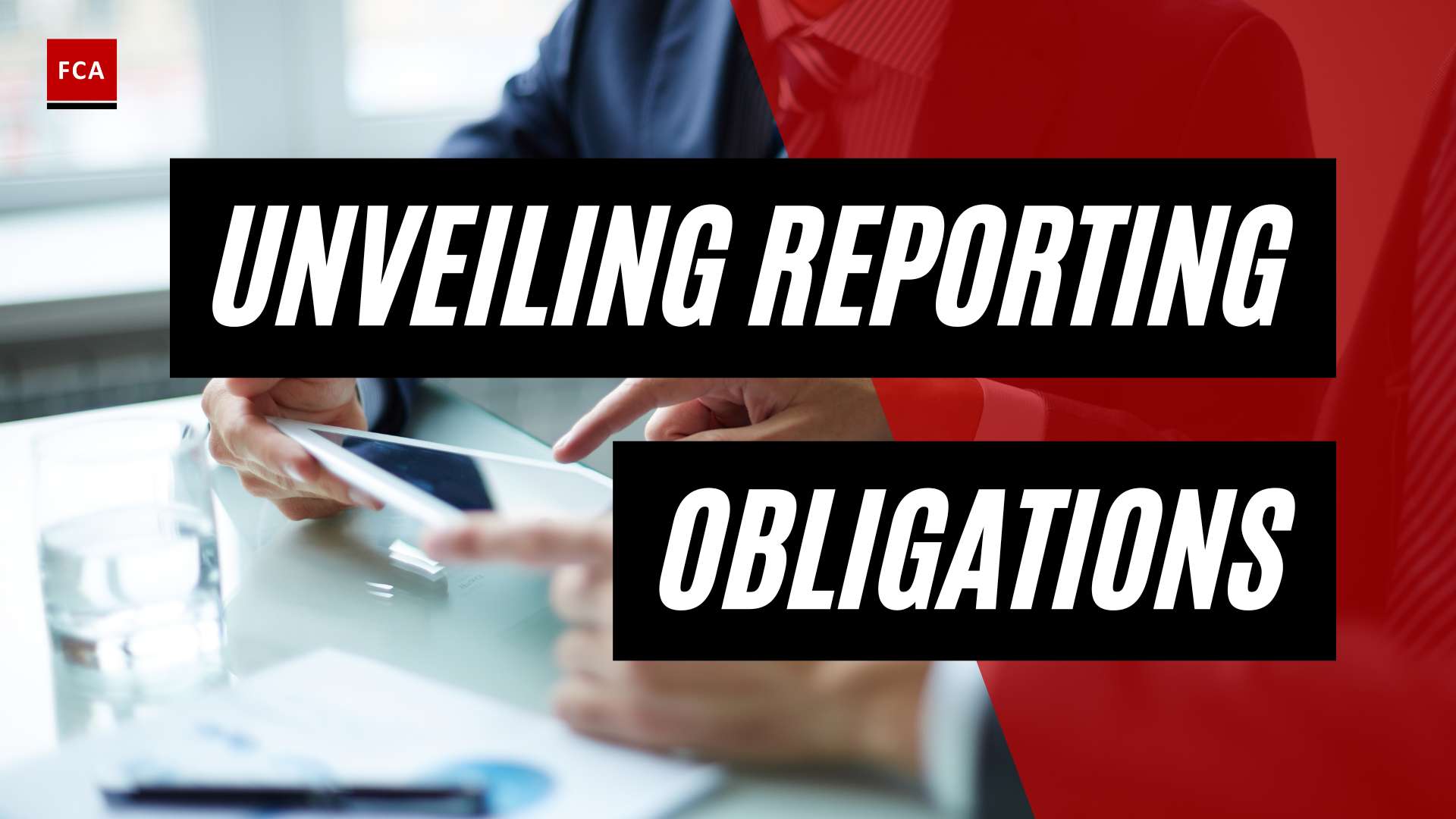There are several red flags that may be considered in trade transactions, which can indicate potential fraud or other illegal activity. Organizations, such as financial institutions, must ensure that high-risk trade transactions are subject to extensive due diligence and need to be escalated, where required, to higher management. All the activities and transactions that fall outside the expected customer activity or a certain predefined threshold should generate a “red flag” or alert, for review and investigation by the TBMLRO or trade compliance team, in coordination with other relevant trade officers or staff.
TBMLRO must ensure that the red flag identification process incorporates the possible trade risk factors, considering the risk profiles of the trade customers. Red-alert thresholds are set for trade transaction monitoring purposes, and such thresholds are marked in the automated system. Trade alerts are generated on the breach of the trade transaction thresholds or the occurrence of unusual transactions or activity. The trade compliance team then investigates accounts in which an alert is generated.

Red Flags in Trade Transactions
In this respect, the following transactions may have higher ML/TF risks and may be considered for Enhanced Due Diligence or EDD:
- Opening an account
- Advance payments for the import & export of goods
- Import or export of services
- Import or export of free-of-cost goods
- Trade transactions with related party
- Import of goods that are exempt from import-related duties
- Import of goods that are subject to over 25 percent import duties
- Export of goods on which export-related rebates are allowed by the government of Pakistan
- Where an exporter allows trade discounts to the same importer consistently by deducting the discount amount from the proceeds of export bills
- Trade transaction of sole proprietorship or partnership concern received by the centralized trade processing unit from a different branch of the organization, with whom their relationship is not generally associated or frequent switching of a branch for trade transactions by such concerns
- Trade transactions with high-risk jurisdictions or jurisdictions with lax AML/CTF regulations and implementations
- Outward remittance from the personal foreign currency account of the importer
- Unusually relaxed terms for settlement of counter value both for exports and imports, such as when no specific timeline for shipment of goods against exports advance payment, extended credit period for payment against the import of goods, especially between unrelated parties
The number of alerts generated within each bank varies based on several factors, including the number of transactions running through the monitoring system and the rules and thresholds the bank employs within the system to generate the alerts. Organizations typically score alerts based on elements contained in the alert, which determines the alert’s priority.

The following are some of the red alerts or indicators of trade-based money laundering risks:
- The description of goods provided by the trade customer varies from the detail of the goods declared by national databases or other reliable sources of information
- A significant variation found between the description of the goods on the bill of lading and the invoice
- Indications that the description of the goods is disguised
- The tenor of the transaction does not commensurate with the nature of the underlying goods. For example, perishable goods are traded on terms involving a lengthy usance period
- Documents, such as a letter of credit, is received through unverified channels, such as unauthenticated SWIFT message
- The type of shipped goods appears to be inconsistent with the exporter’s or importer’s regular business activities
- The size of the shipment does not commensurate with the size of the exporter’s or importer’s regular business activities
- The packaging of goods is inconsistent with the commodity or shipping method
- The goods are transshipped through one or more countries or jurisdictions for no apparent economic or logistical reason

Final Thoughts
Red flags in trade transactions refer to any signs or indications that a particular trade or transaction may be fraudulent, illegal, or otherwise suspicious. These red flags can vary depending on the nature of the trade or transaction. It is important for businesses to be aware of these red flags and to implement effective risk management and due diligence procedures to mitigate the risk of fraudulent or illegal activities in their trade transactions.








